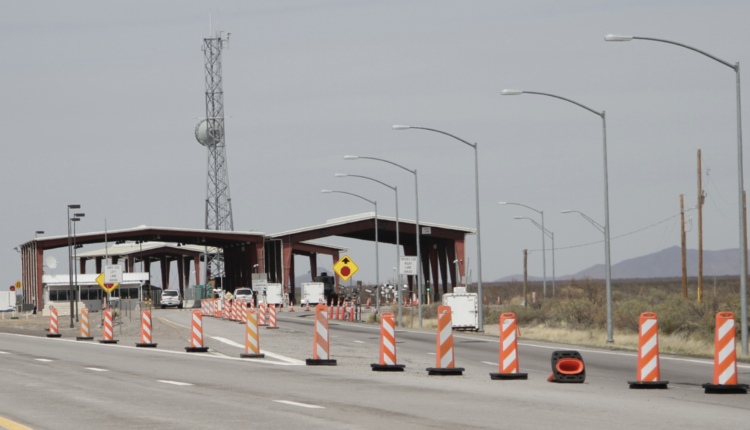
Federal Cannabis Enforcement Intensifies in New Mexico
The TDR Three Takeaways for New Mexico and Cannabis:
- Recent federal cannabis enforcement actions in New Mexico highlight the conflict between state laws and federal prohibition.
- The seizures by CBP disrupt the supply chain, affecting businesses’ ability to operate within state regulations.
- The need for clear guidelines is critical as New Mexico’s cannabis industry seeks support from both state and federal officials.
Federal officials have recently intensified their enforcement of cannabis prohibitions against state-licensed cannabis businesses in New Mexico, causing confusion and concern among stakeholders in the state’s legal cannabis industry. This crackdown, marked by the seizure of hundreds of thousands of dollars worth of cannabis products and the detention of industry workers, represents a significant shift from the federal government’s previous stance of non-interference with state-legal cannabis operations. The seizures, conducted by U.S. Customs and Border Protection (CBP) at interior checkpoints, particularly around the Las Cruces area, disrupt the supply chain for cannabis businesses, particularly affecting those in the southern part of New Mexico. The actions of CBP, which operates within 100 miles of the U.S. border under federal jurisdiction, underscore the ongoing conflict between state cannabis legalization and federal prohibition laws.
Cannabis businesses in New Mexico, which have been legally operating since adult-use sales began in 2022, report that these seizures have only started occurring in the last two months. This sudden enforcement has taken hundreds of pounds of cannabis at checkpoints, severely impacting businesses’ ability to transport their products to testing facilities and retailers throughout the state. The seizures have been characterized by a lack of clear communication from CBP, with some businesses receiving little to no documentation or guidance on how to seek reimbursement for the seized products. This has left many in the industry in a state of uncertainty, unsure of how to comply with federal regulations while operating within the bounds of New Mexico’s state law.
Furthermore, the selective enforcement and unclear policies have led to inconsistencies, such as allowing state-certified medical cannabis patients to keep their personal supplies while seizing products intended for commercial distribution. These actions have prompted concerns among New Mexico’s cannabis businesses and lawmakers, who argue that federal resources would be better allocated to combating more pressing issues, such as the illegal fentanyl trade, rather than targeting state-licensed cannabis operations. The discrepancy between state and federal marijuana laws has put New Mexico’s cannabis industry in a precarious position, with businesses calling for clear guidelines and support from both state and federal officials to resolve the ongoing conflict.
In response to the seizures, stakeholders have reached out to New Mexico’s congressional delegation, seeking intervention and clarity on federal enforcement policies. The actions of CBP not only highlight the legal ambiguities faced by the marijuana industry in states where marijuana is legal but also the need for federal legislation that reconciles these differences. Until such laws are enacted, New Mexico’s cannabis industry remains at risk of federal enforcement actions that could undermine the state’s legal marijuana market, disrupt business operations, and hinder the industry’s growth. The recent seizures in New Mexico serve as a stark reminder of the complexities and challenges facing the cannabis industry in the United States, where
The legal landscape remains divided between state legalization efforts and federal prohibition. Want to keep up to date with all of TDR’s research and news, subscribe to our daily Baked In newsletter.



